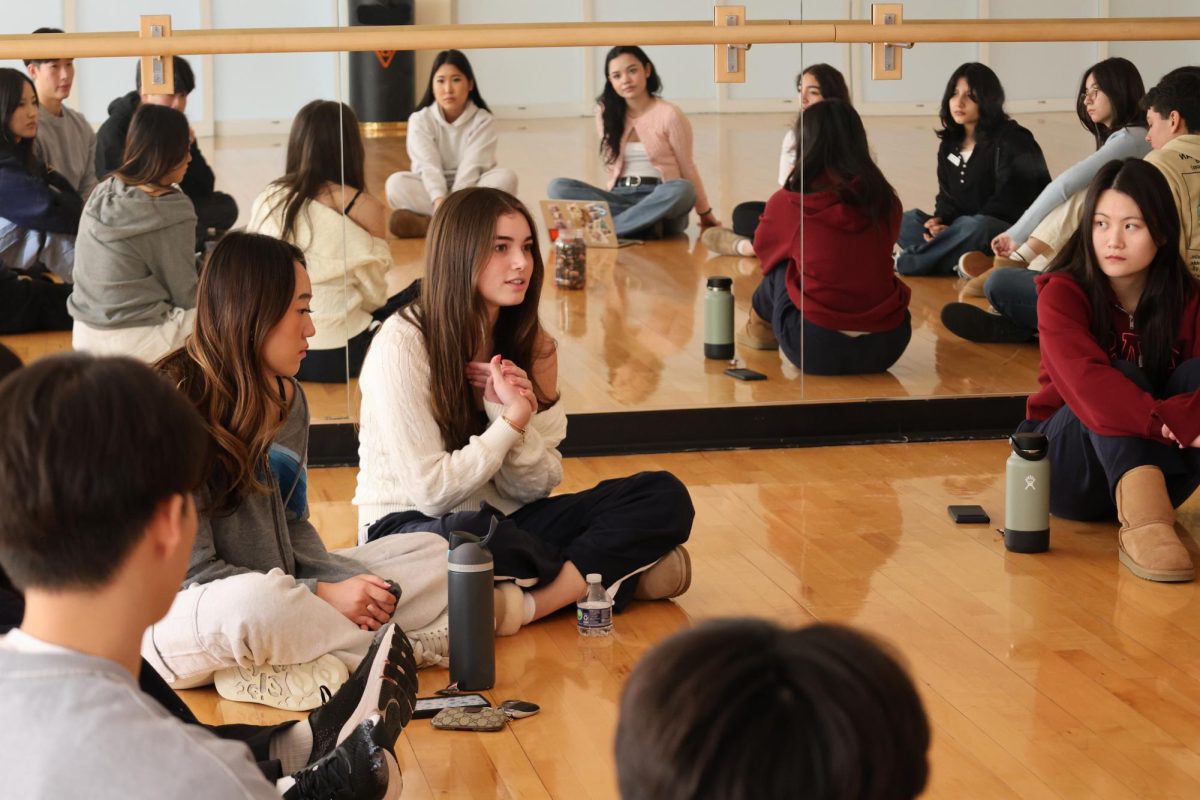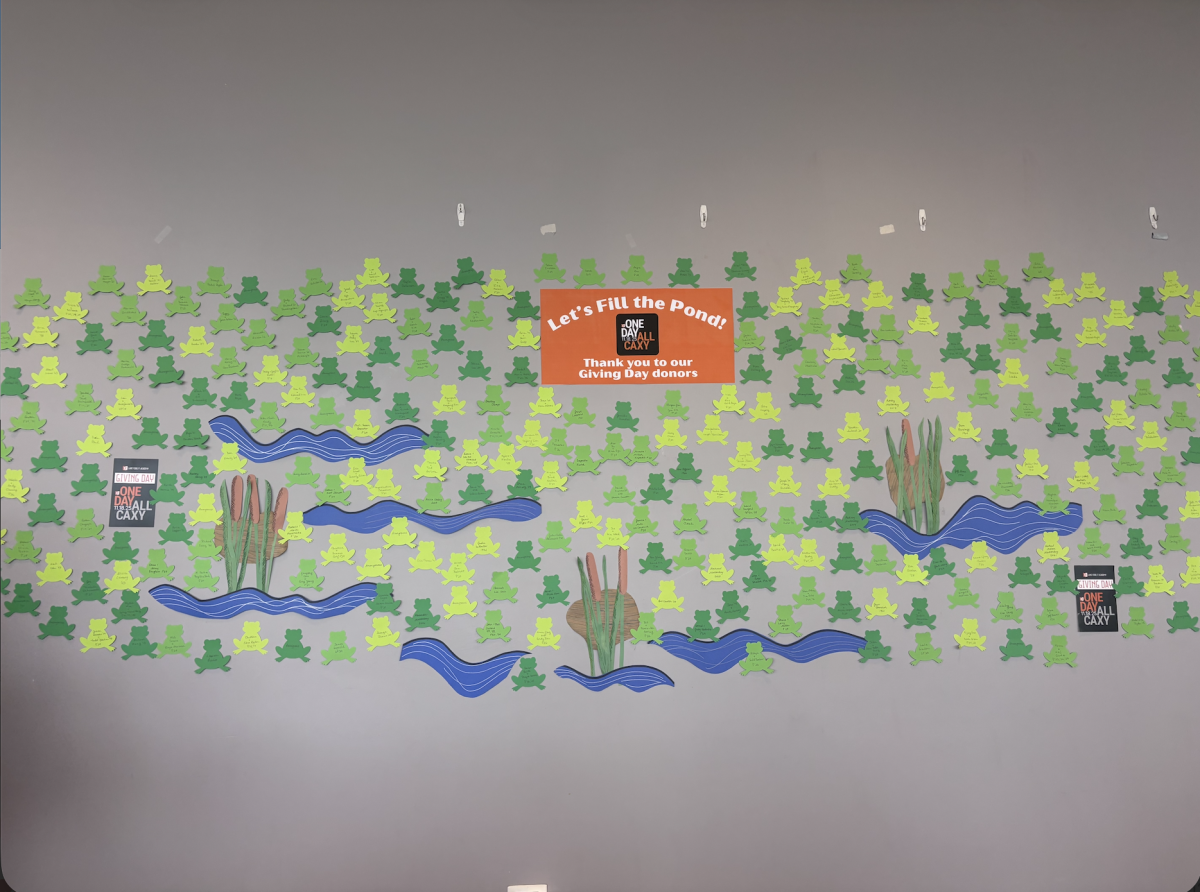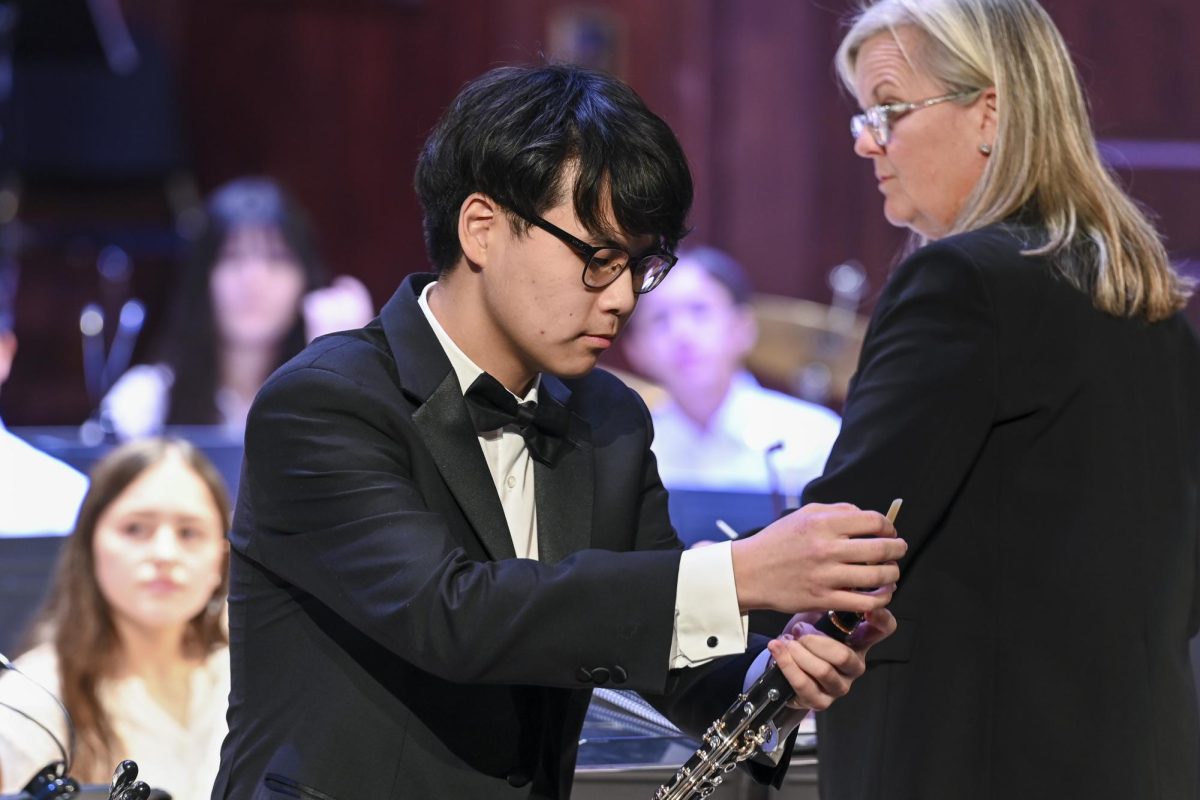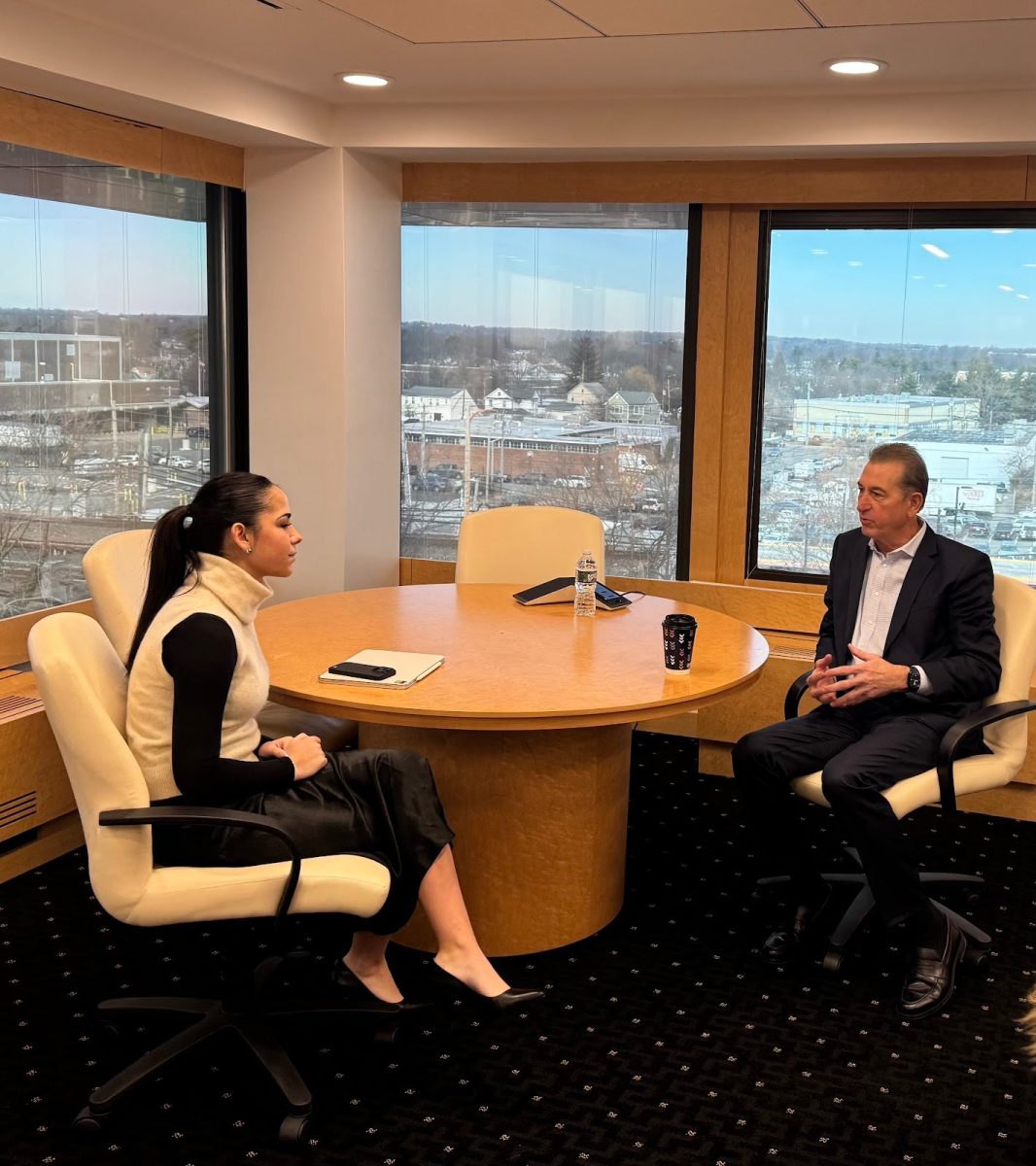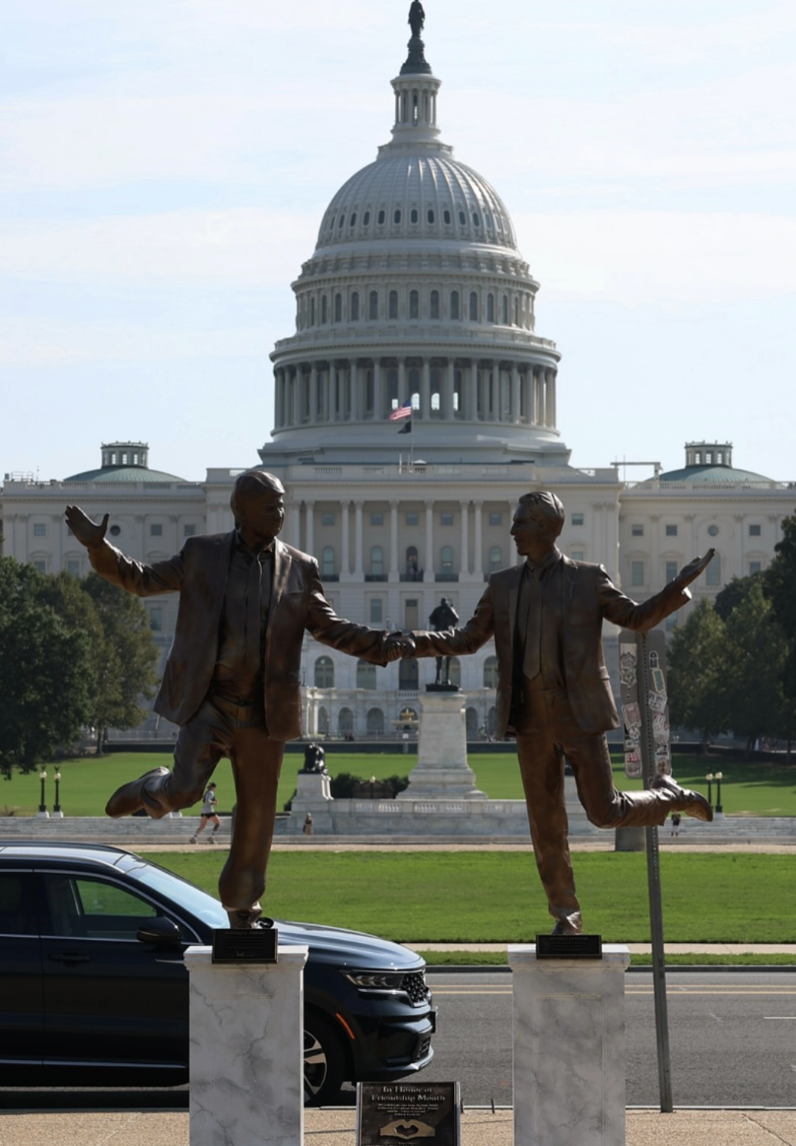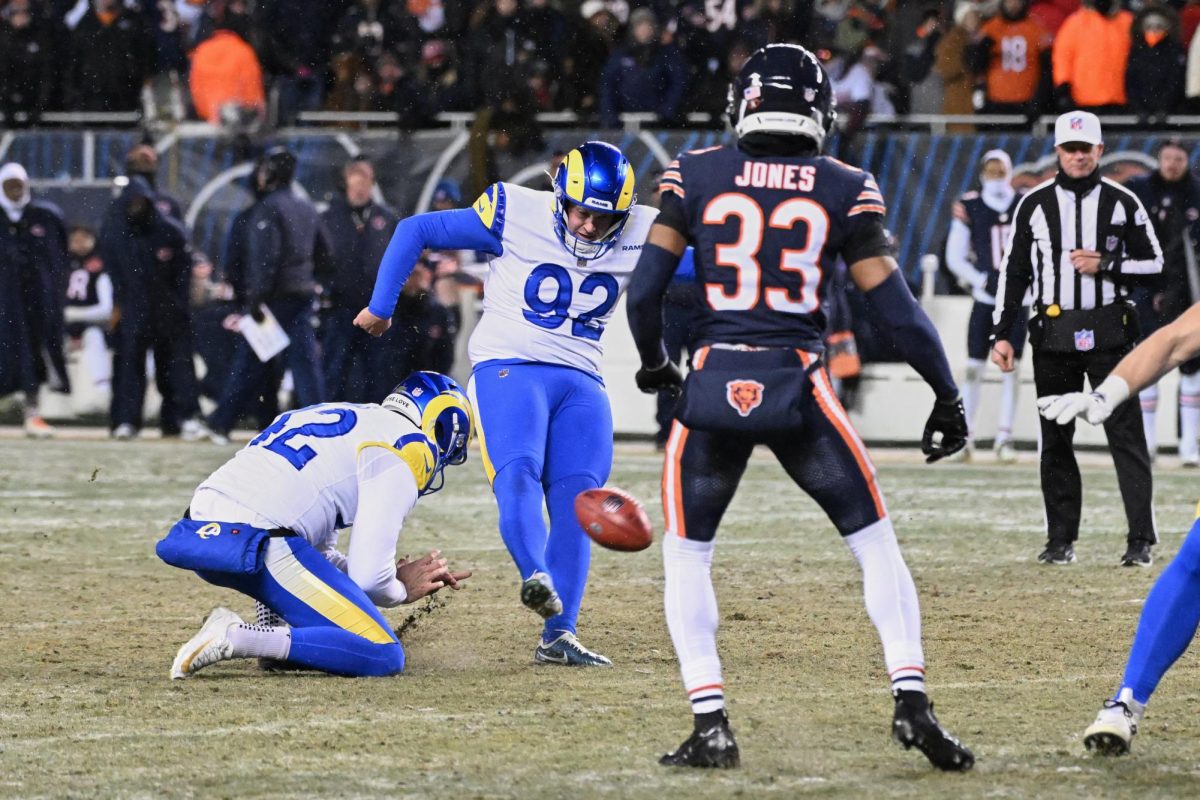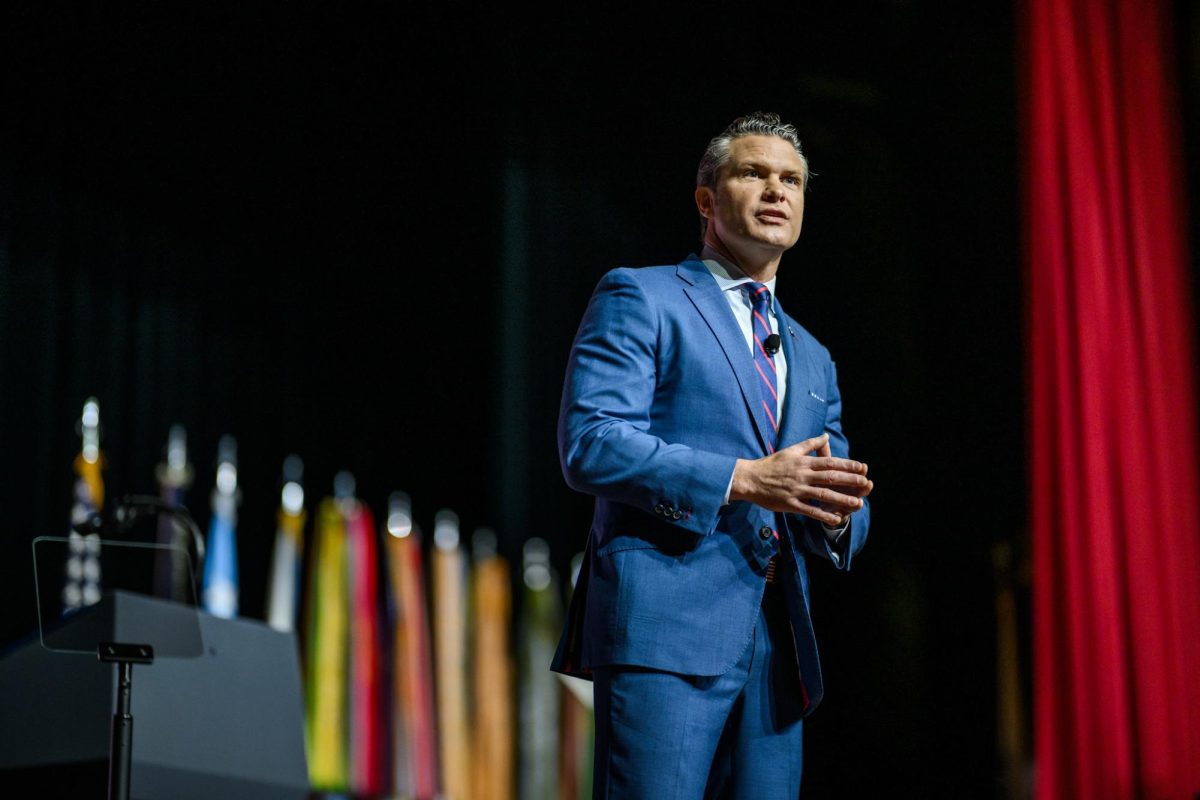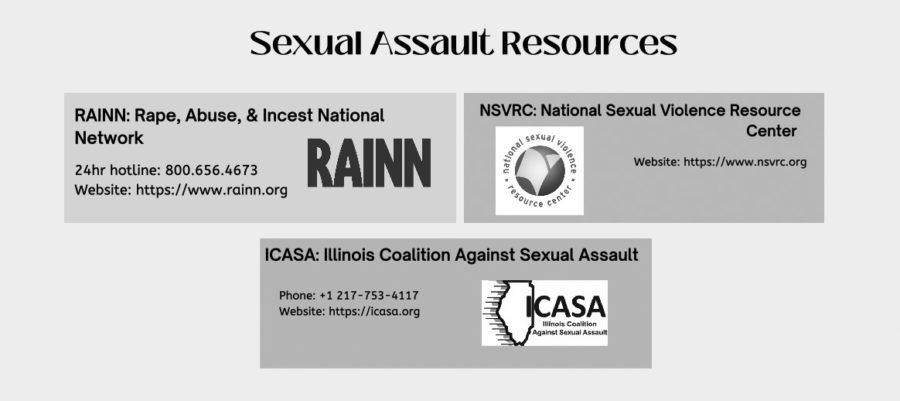The Prevalence of Sexual Assault
Photo by Avery Martin
Several resources are listed above to help victims of and friends and family of victims of sexual assault.
March 16, 2023
“The 97%” is a statistic that has trended on nearly every social media platform, and indicates that 97% of women aged 18-24 have experienced sexual assault. It’s not just a number, but a match to a movement. Rape culture is a detrimental part of sexual assault, and often leaves the responsibility and blame on girls rather than boys. Many of us have heard the ignorant phrase, “Boys will be boys”, but what does this really implicate? It creates the stereotype that boys can’t “help” or “control” themselves as a sexual predator, it normalizes this behavior and makes it the responsibility of a girl to protect herself from sexual assault. This instills a fear of men by girls. We are scared at parties, gas stations, walking home alone, and essentially just going out in public. It feels like no one is safe from this constantly looming threat of being assaulted or harassed.
At schools and universities, rape culture is especially prevalent. Studies have reported that almost one in four undergraduate women experienced sexual assault or misconduct at 33 of the nation’s major universities. However, more than 90% of sexual assault victims on college campuses do not report the assault. Women are scared to report their assault because of society’s culture of victim blaming, or they believe the police will not do anything. Not to mention most women do not want to relive the experience by detailing it to the police.
The truth is that sexual assault in today’s age is incredibly common- whether or not the media shows it. Our mothers tell us to avoid boys because of what they can do, but they don’t tell their sons what not to do to girls. Jen Madeley, a Health, Wellness, and Community teacher, said that even in her first years teaching Health, Wellness, and Community, the curriculum for teaching about sexual assault was drastically different, to which she made a large effort to change. She said that even though we were headed in the right direction in terms of raising awareness about sexual assault, the perspective was off. At the time, she thought “all we’re doing here is victim blaming,” and it was always a very gendered and biased discussion. In the recent years before Covid, Madeley and other Health, Wellness, and Community educators brought in experts from the Lake County Crisis Center, who helped to reorient the discussion as non-gendered, based on statistics and facts, and focused largely on the process of asking for and giving consent in the first place. Madeley also noted how the expansion of educating students about sexual assault has gone hand in hand with improving sex ed in general. The logic behind it is that the more students know about consensual sex, sexual assault and the grey area so many people find themselves in between consent and non consent will be lowered.
The double standard normalizes sexual assault behavior in boys and men, and leaves girls and women constantly in fear. Rape Culture becomes a part of our daily lives or conversations. In society, we turn a blind eye to the conversations held by men and the jokes they think are harmless but in reality target women and create unsafe species for them. Objectifying women and consistently putting them in a position of lesser power, even in social settings between peers, has been dismissed and accepted as inevitable behavior. It’s not acceptable or normal behavior, we as a society have just normalized it. Because “boys willbe boys.” It leaves girls feeling like it’s their fault they were sexually assaulted, when in most cases, there was nothing they could do to stop it. And for girls who haven’t been sexually assaulted, it just feels like something that’s bound to happen at some point.
Statistically, over half of women and almost 1 in 3 men have experienced sexual violence during their lifetimes so sexual assault and harrassment affects a large amount of the population. Not to mention minorities and members of the LGBTQ+ are more likely to experience sexual assault. Following this, 81% of women and 35% of men report significant short-term or long-term impacts such as Post-Traumatic Stress Disorder (PTSD). It affects both women and men, and is our job as a society to condemn rape culture and sexual assault.


